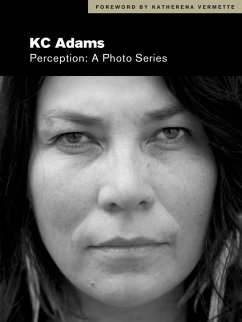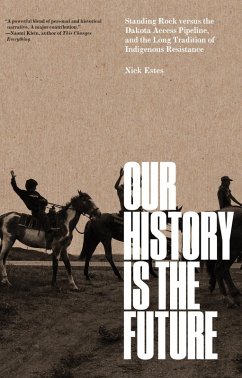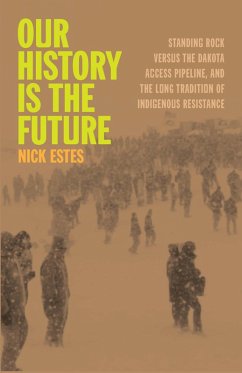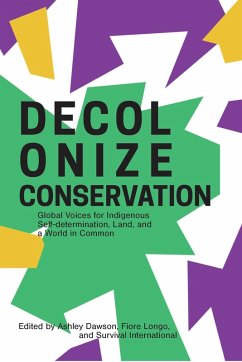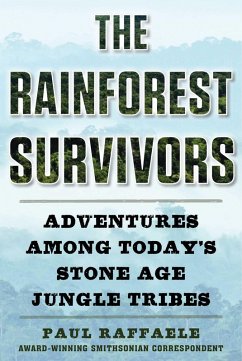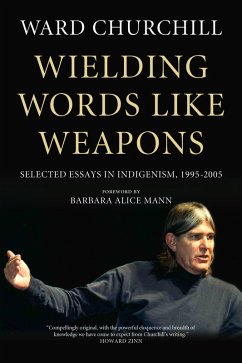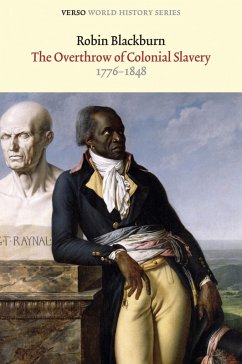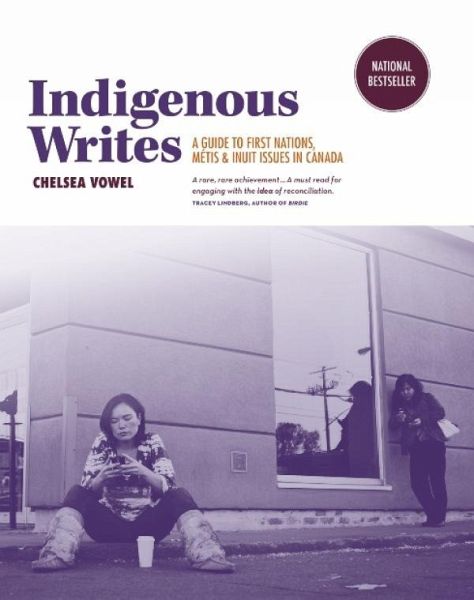
Indigenous Writes (eBook, ePUB)
A Guide to First Nations, Métis, & Inuit Issues in Canada

PAYBACK Punkte
7 °P sammeln!
Delgamuukw. Sixties Scoop. Bill C-31. Blood quantum. Appropriation. Two-Spirit. Tsilhqot'in. Status. TRC. RCAP. FNPOA. Pass and permit. Numbered Treaties. Terra nullius. The Great Peace... Are you familiar with the terms listed above? In Indigenous Writes, Chelsea Vowel, legal scholar, teacher, and intellectual, opens an important dialogue about these (and more) concepts and the wider social beliefs associated with the relationship between Indigenous Peoples and Canada. In 31 essays, Chelsea explores the Indigenous experience from the time of contact to the present, through five categories-Ter...
Delgamuukw. Sixties Scoop. Bill C-31. Blood quantum. Appropriation. Two-Spirit. Tsilhqot'in. Status. TRC. RCAP. FNPOA. Pass and permit. Numbered Treaties. Terra nullius. The Great Peace...
Are you familiar with the terms listed above? In Indigenous Writes, Chelsea Vowel, legal scholar, teacher, and intellectual, opens an important dialogue about these (and more) concepts and the wider social beliefs associated with the relationship between Indigenous Peoples and Canada. In 31 essays, Chelsea explores the Indigenous experience from the time of contact to the present, through five categories-Terminology of Relationships; Culture and Identity; Myth-Busting; State Violence; and Land, Learning, Law, and Treaties. She answers the questions that many people have on these topics to spark further conversations at home, in the classroom, and in the larger community.
Indigenous Writes is one title in The Debwe Series.
Are you familiar with the terms listed above? In Indigenous Writes, Chelsea Vowel, legal scholar, teacher, and intellectual, opens an important dialogue about these (and more) concepts and the wider social beliefs associated with the relationship between Indigenous Peoples and Canada. In 31 essays, Chelsea explores the Indigenous experience from the time of contact to the present, through five categories-Terminology of Relationships; Culture and Identity; Myth-Busting; State Violence; and Land, Learning, Law, and Treaties. She answers the questions that many people have on these topics to spark further conversations at home, in the classroom, and in the larger community.
Indigenous Writes is one title in The Debwe Series.
Dieser Download kann aus rechtlichen Gründen nur mit Rechnungsadresse in A, D ausgeliefert werden.




